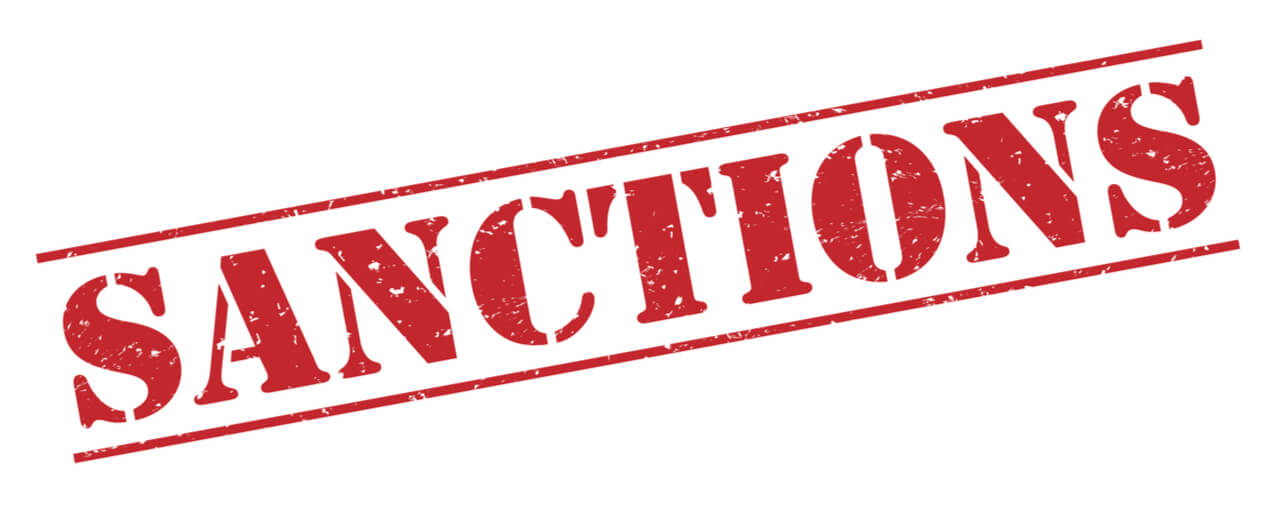On September 13, 2017, the Department of Homeland Security (DHS) announced that it had coordinated with the Department of State (DOS) to impose visa sanctions on the following four countries:
Cambodia
Eritrea
Guinea
Sierra Leone
Acting Secretary of Homeland Security Elaine Duke and Secretary of State Rex Tillerson exercised their authority under section 243(d) of the Immigration and Nationality Act (INA) to impose these sanctions for the failure of the four countries to accept the return of their nationals in a reasonable manner. You may read the DHS news release here [PDF version].
The DHS explained that under the decision of the Supreme Court of the United States in Zadvydas v. Davis, 533 U.S. 678 (2001) [PDF version], aliens ordered removed may not, in most circumstances, be detained in excess of six months. In the vast majority of cases, the DHS cannot remove an alien without a travel document issued by the alien’s home country. Accordingly, the effect of the rule in Zadvydas is that the DHS is often forced to release aliens ordered removed when the countries of nationality of the aliens either deny or unreasonably delay their return.
The DHS estimates that due to denials and delays, it has been forced to release 2,137 nationals of Guinea and 831 nationals of Sierra Leone who have been ordered removed. It adds that there are “approximately 700 Eritrean nationals” and “more than 1,900 Cambodian nationals” residing in the United States who are subject to outstanding final orders of removal. Of the over 1,900 such Cambodian nationals, 1,412 have criminal convictions. Many of the nationals who have been ordered removed described in this paragraph have what the DHS describes as “serious criminal convictions.”
The following are the sanctions imposed on each of the four countries under section 243(d) of the INA:
Cambodia: The U.S. Embassy in Phnom Penh, Cambodia discontinued the issuance of B visas for Cambodian Ministry of Foreign Affairs Employees, with the rank of Director General and above, and their families.
Eritrea: The U.S. Embassy in Asmara, Eritrea, has discontinued the issuance of all B visas.
Guinea: The U.S. Embassy in Conakry, Guinea has discontinued the issuance of B, F, J, and M visas to Guinean government officials and their immediate family members.
Sierra Leone: The U.S. Embassy in Freetown, Sierra Leone has discontinued the issuance of B visas to Ministry of Foreign Affairs officials and immigration officials.
The restrictions for Cambodia, Guinea, and Sierra Leone apply only to certain government officials, and are therefore of limited applicability. The restrictions placed on Eritrea are broader, amounting to a general bar on the issuance of B visas, but not on other types of visas.
We discussed the issue in a blog when the news first broke that visa sanctions would be imposed on Cambodia, Eritrea, Guinea, and Sierra Leone [see blog]. There, we noted that the section 243(d) authority had only been used twice prior, and the issue was resolved expeditiously after the imposition of section 243(d) sanctions. The use of section 243(d) against four countries suggests that the Trump Administration is looking to use the immigration laws more aggressively to ensure that foreign countries do not deny or unreasonably delay the return of their nationals who have been ordered to removed. The current set of section 243(d) sanctions are not only worth watching for the resolution of the specific cases, but also in order to see whether the Trump Administration takes a similar approach with other countries that have been determined to be similarly recalcitrant in accepting the return of their nationals who have been ordered removed.
We will update the website with more information as it becomes available. Nationals of Cambodia, Eritrea, Guinea, and Sierra Leone who have questions about how the new policy may affect them should consult with an experienced immigration attorney for guidance.





